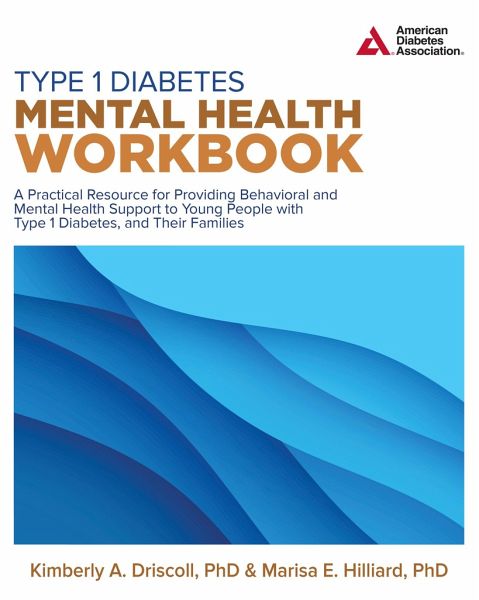
Type 1 Diabetes Mental Health Workbook
Versandkostenfrei!
Versandfertig in über 4 Wochen
36,99 €
inkl. MwSt.

PAYBACK Punkte
18 °P sammeln!
Living with a complex, chronic health condition like type 1 diabetes (T1D) is complicated, expensive, and burdensome. Most people live long, happy, healthy, and satisfying lives with T1D, yet there is a large body of evidence that mental health concerns and behavioral challenges are common, and interfere with self-management, quality of life, and health. At the same time, there are not enough professionals who have knowledge of the complex interplays between diabetes and psychosocial factors to meet the needs of the large and growing population of people with T1D, and their families. To help a...
Living with a complex, chronic health condition like type 1 diabetes (T1D) is complicated, expensive, and burdensome. Most people live long, happy, healthy, and satisfying lives with T1D, yet there is a large body of evidence that mental health concerns and behavioral challenges are common, and interfere with self-management, quality of life, and health. At the same time, there are not enough professionals who have knowledge of the complex interplays between diabetes and psychosocial factors to meet the needs of the large and growing population of people with T1D, and their families. To help address this gap, the Type 1 Diabetes Mental Health Workbook was created to provide a concise, practical resource for mental health clinicians and therapists to use in their care of young people with T1D. The workbook is divided into eight sections: Overview of T1D Language and communication about T1D Challenges associated with a new T1D diagnosis Approaches to addressing T1D self-management challenges Emotions associated with T1D Mood concerns and T1D T1D-related worries and anxiety Additional considerations












